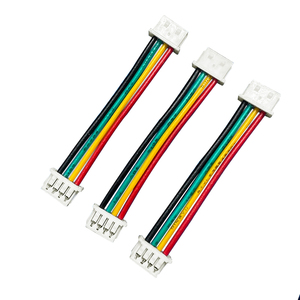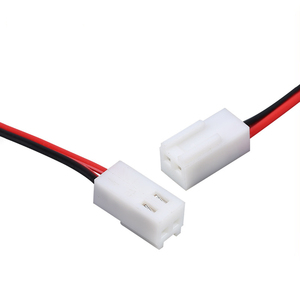Understanding DIY Multimeter Leads
DIY multimeter leads are essential tools for any electronics enthusiast or professional technician. They play a pivotal role in connecting multimeters to a circuit in order to measure voltage, current, and resistance. With a wide array of options available, these leads can significantly enhance the functionality and efficiency of your measurement tasks. Whether you are at home, in a workshop, or out in the field, understanding the various aspects of DIY multimeter leads will empower you to make informed decisions.
Types of DIY Multimeter Leads
When considering DIY multimeter leads, it is essential to familiarize yourself with the different types available:
- Alligator Clip Leads: These come with alligator clips on one or both ends, allowing for secure and temporary connections to circuit points.
- Banana Plug Leads: Commonly used in laboratory settings, these leads feature banana plugs that easily connect to multimeters and other test equipment.
- Probe Leads: Probes with pointed tips enable precise contact with circuit terminals, which is ideal for detailed testing.
- Wire Leads: Flexible and often insulated, these leads allow for custom lengths and uses, perfect for various applications.
Function and Features of DIY Multimeter Leads
DIY multimeter leads come equipped with several functions and features that enhance their usability:
- Color-Coding: Typically available in red and black, these colors help users quickly identify positive and negative connections.
- Durable Insulation: Most leads feature high-quality insulation to prevent accidental short circuits and ensure safe operation.
- High Voltage Rating: Many leads are rated for high voltages, allowing users to test a wide range of devices without risk.
- Flexibility and Strength: A good set of DIY leads balances flexibility with strength to withstand regular use while maintaining performance.
Applications of DIY Multimeter Leads
Understanding the various applications of DIY multimeter leads can maximize their benefits in practical scenarios:
- Electronics Testing: Ideal for testing circuit boards, batteries, and electronic components.
- Automotive Diagnostics: Used in checking vehicle electrical systems and components for troubleshooting purposes.
- Home Improvement: Helpful in testing home appliances and wiring to ensure compliance with safety standards.
- Educational Purposes: An essential tool for students and educators in physics and electronics labs.
Advantages of DIY Multimeter Leads
Investing in DIY multimeter leads provides several advantages that can improve your measuring experience:
- Cost-Effective: DIY leads can often be made with affordable materials, bringing down the overall project costs.
- Customization: Tailoring the length, type of connectors, and even insulation material can suit specific testing needs.
- Improved Accuracy: Quality leads minimize resistance and enhance measurement accuracy, giving you reliable readings.
- Versatility: With the ability to swap connectors and customize leads, users can adapt their tools for a variety of applications quickly.















